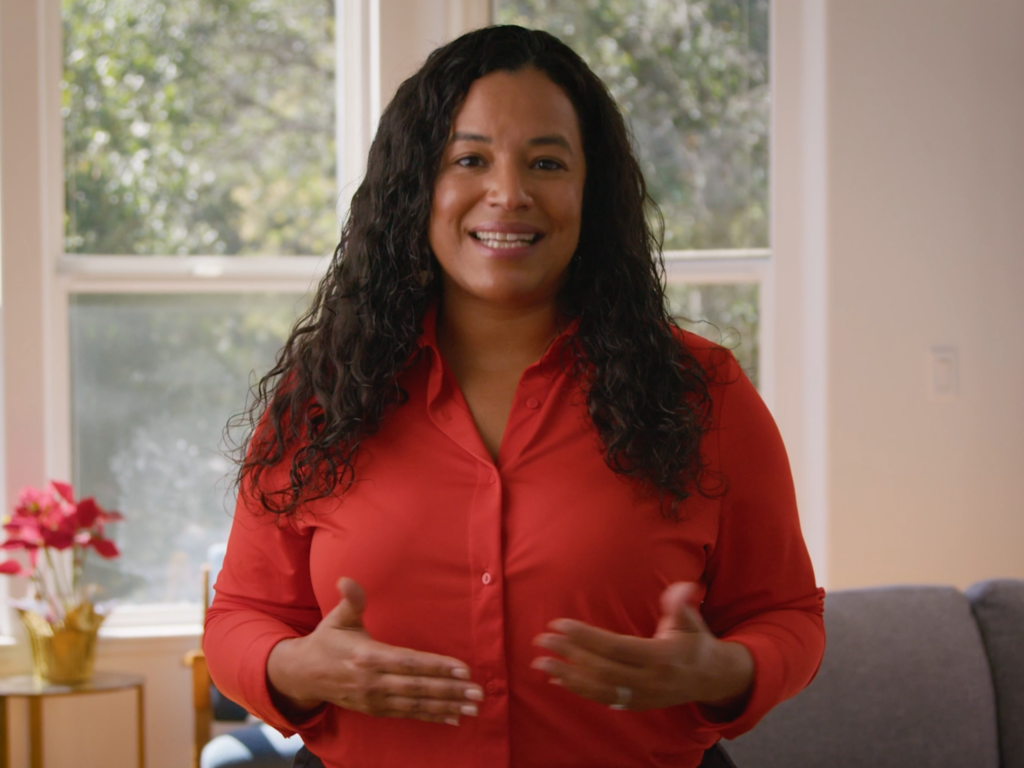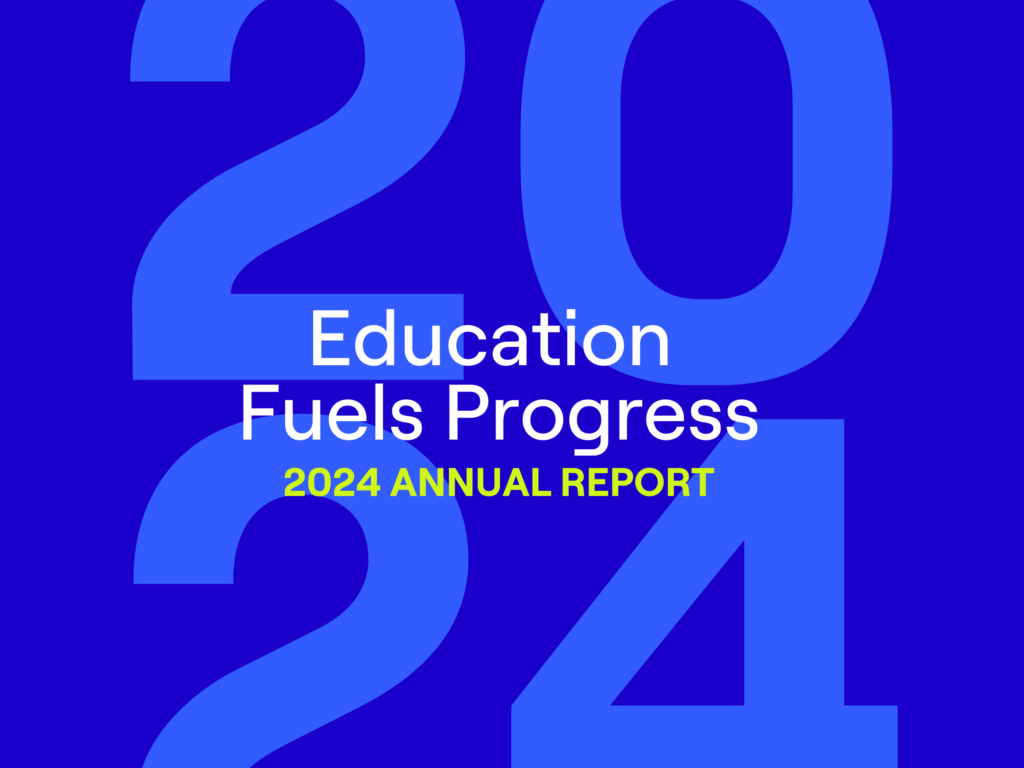Ted Mitchell kicked off Summit 2013 this morning at the opening plenary. After welcoming all of the attendees, Ted was joined by Thomas Friedman, author and columnist for the The New York Times, who has been “calling consistently for the change that drives our work… Tom sets the national dialogue about who we are as a country.”
Tom said his interest in education reform began when it became obvious to him that “economic growth is the engine of national power. Knowledge and education is the key to economic growth.” He feels from his travels around the globe that people in numerous countries are wrestling constantly with the idea of ensuring their children have the best educations possible.
Ted asked Tom about the big trends he’s witnessing that can inform education reform work in the next 15 years. Tom noted that he’s asked leaders, “Who do you want to hire and why? The most dangerous thing a country can do is mis-read its environment…The biggest thing happening on the planet is the merger of globalization and the IT revolution – it’s changing all jobs, workplaces, schools and how we need to educate our kids to compete in the world.” “Average is officially over,”
Tom added. “Leadership that inspires self-motivation is more important than ever.” Tom recommends five ways to compete in today’s global economy:
- Think like and immigrant – pursue opportunities with vigor.
- Think like an artisan – the best artisans take pride in their work.
- Think like a start-up – always be a work in progress.
- “PQ” (passion quotient) plus “CQ” (curiosity quotient) is always higher than IQ.
- Think like a waitress – provide value and think entrepreneurially (give that bigger helping if it leads to a larger tip).
Laysha Ward of Target then introduced Sal Khan, of Khan Academy, which provides free high-quality education to people anywhere in the world, noting that blended learning enhances education by combining the very best of digital tools with the care of parents and educators. Sal discussed “learning in 2028” and the role of self-driven learning.
Sal noted that 400 years ago, the best education was provided for very few people – nobility and princes provided with private tutors, allowing for the mastery of concepts. Around two centuries ago the Industrial Revolution changed things, requiring broader mass public education. Today’s needs require a larger creative class.
“What we need now is a very large creative class – this is an opportunity,” Sal told the audience. “What is the ideal education? The ideal is students learning at their own pace and mastering concepts, and interacting with other human beings.”


